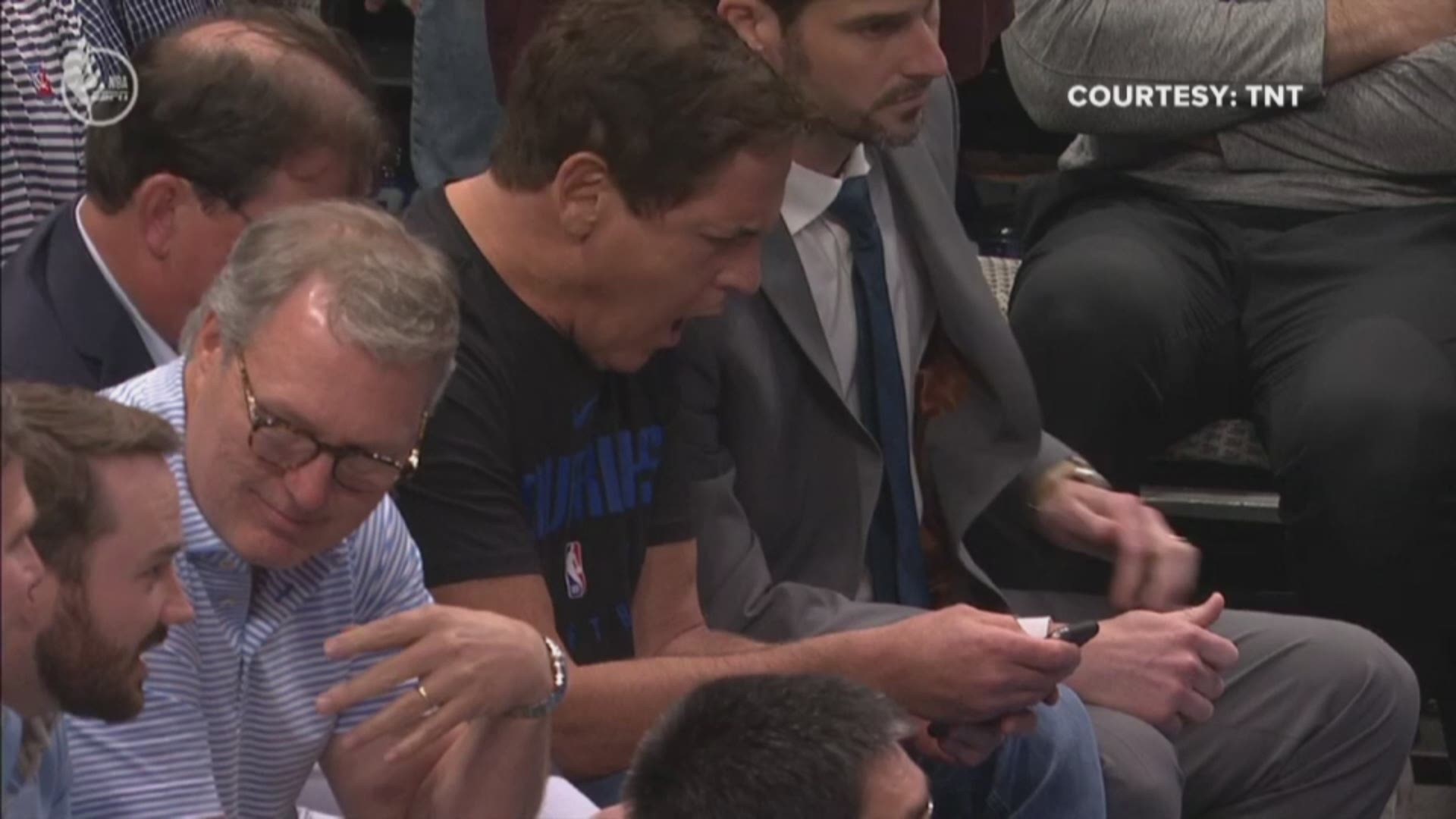ATLANTA — According to a poll released from Seton Hall University School of Business, people may be reluctant to attend games anytime soon.
Poll results show that more than 72 percent of the 762 respondents said they would not return to stadiums or arenas until a coronavirus vaccine is developed, which may be at least a few more months.
When you look at the number among those respondents, those who identify as sports fans, the number drops to 61 percent.
Jeff Schultz of The Athletic recently wrote a column, after asking fans if they would rather have sports back without fans or waiting until it was safe for everyone. Voters overwhelmingly chose for sports to be played without fans, and that is when Schultz realized he was asking the wrong question. He believes he should have asked when should it be considered “safe” to return.
RELATED: Kirby Smart adjusting to quarantine life, UGA football goes through virtual spring practices
“I think there are two questions. One is – quite frankly – when sports start back up again, how many people are going to have disposable income to pay to go to an event? I think that’s the first question,” Schultz said. “It’s going to be interesting to see sports teams coming up with some plan to get people to go back. The second is 'when are you going to be confident again?'"
In Seton Hall's poll, only 13 percent of people said they would feel comfortable attending games again the way they had in the past.
"I think that’s an individual question. I think it’s going to be a while. I think it’s going to be slow building," Schultz admitted.
RELATED: Preparing for the return of sports
But do people want to watch sports from home? More than three-fourths said yes - with the same interest they had before the pandemic.
Since the population of Seton Hall's survey was so small, 11Alive Sports' Alex Glaze took to Twitter to find out if people would attend sporting events before a vaccine was available. With close to the same number of respondents, the poll results showed most people would attend sporting events before a vaccine was available.
RELATED HEADLINES

